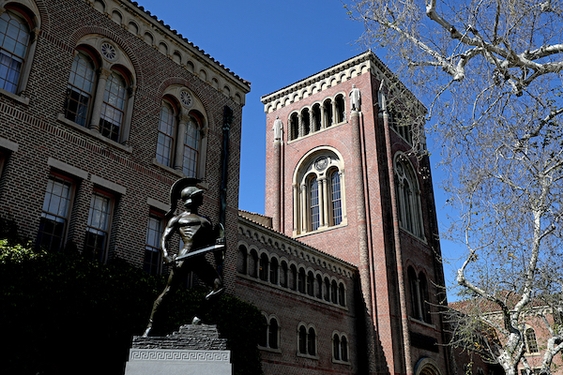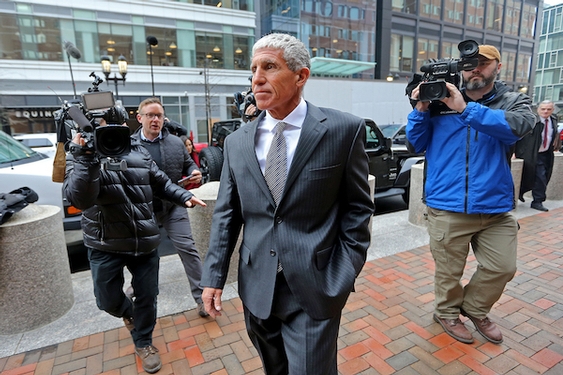Two wars across Europe in the first half of the 20th century convinced most Americans that the United States needed to play a large role in global security.
As we recalled over Memorial Day weekend, thousands of American lives were cut short during World War I and World War II. Peaceful cooperation among the United States and Europe reduced the chances that other American boys in uniform would be required to wage war overseas.
Over the weekend, German Chancellor Angela Merkel announced that Europe’s reliable and robust U.S. partner was gone. The U.S. leadership that was a reliable ally in global security was missing, she said. “The times in which we could rely fully on others — they are somewhat over,” Merkel said.
For Merkel, President Donald Trump’s meetings last week with European leaders from the Group of 7 and NATO served as her convincer. “This is what I experienced in the last few days,” she said.
Make no mistake. Wrapped around Merkel’s rather bland language is a heavyweight contender’s roundhouse punch. Germany’s chancellor is announcing that the United States is ceding its leadership role in the world.
“The belief in shared values has been shattered by the Trump administration,” Stephan Bierling, a transatlantic relations expert at the University of Regensburg in Germany, told The Washington Post. “After the inauguration, everyone in Europe was hopeful that Trump would become more moderate and take into account the positions of the G-7 and of NATO. But the opposite has happened. It’s as if he is still trying to win a campaign.”
On this side of the Atlantic, Ivo H. Daalder, a former U.S. envoy to NATO, told The New York Times that Trump’s resistance to supporting European allies on matters of security, climate change and trade “suggest that the United States is less interested in leading globally than has been the case for the last 70 years.”
Consider the North Atlantic Treaty Organization (NATO), which was created in 1949, as President Harry Truman said, to act as “a shield against aggression” from Russia.
Hence, a longterm goal of Russia has been to weaken the link between the United States and its European partners in NATO.
It appears the Russians’ dreams are coming true.
Yet, appearances can be deceptive.
While U.S. politics has always included an “America first” portion of the electorate willing to let the world burn while sitting comfortably inside their bunker, most Americans don’t see it that way.
Pew Research Center polling indicates more than 6-in-10 Americans support NATO and its mission. A Gallup poll released in February put U.S. support of NATO at 80 percent. Almost 3 million more Americans favored the 2016 presidential candidate who supported a continued bond between Europe and the United States — Hillary Clinton — over Trump. Further, Trump’s approval ratings are underwater, meaning more Americans disapprove (53 percent) than approve (42 percent).
It’s a mistake for Merkel and others to assume all Americans are willing to join Trump in his bunker.
———
©2017 The Anniston Star (Anniston, Ala.)
Visit The Anniston Star (Anniston, Ala.) at www.annistonstar.com
Distributed by Tribune Content Agency, LLC.







